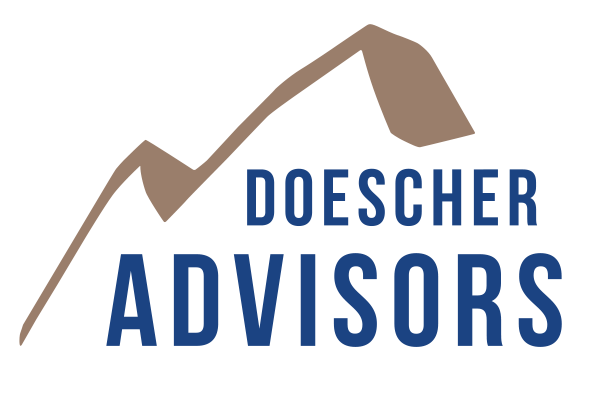Our Blog
It’s All About the Expenses, Not the Income

Not long ago, I thought I should read The Millionaire Next Door, by Thomas J. Stanley and William D. Danko. To my surprise, it wasn’t what I expected. It offered very practical, common-sense financial advice. Then I read Rich Habits, written by Thomas C. Corley — a CPA who watched a lot of clients squander millions of dollars, and worked with a few who became financially independent. Finally, I read The Behavior Gap, by Carl Richards.
It seems to me that many people are looking for the shortcut to everything. For example, they spend millions of dollars on diet products and elaborate exercise equipment that produce limited or no results, rather than making a concerted effort to change bad habits and make actual lifestyle changes.
It wasn’t until I arrived in my “seasoned” years that I realized the financial habits my dad taught me were quite profound. One day I was meeting with a very successful senior executive who was about my age. In the course of our conversation, he said, “Well, I’m not financially independent like you.” I was shocked by his comment. He was a very accomplished executive and still going strong. Later, as I thought about his comment, I realized that although his income was — and is — very high, his standard of living was — and is — probably higher.
So, what’s the point? No matter how much you make, if you spend more than what you bring in, you’ll never get there. I remember hearing my mentor, Frank Moran, suggesting to us recent college graduates: “Spend less than you make and invest the difference wisely.”
It sounds easy, but few achieve it. The Millionaire Next Door, Rich Habits, and The Behavior Gap provide some very simple, useful guidance.
(By the way, I think the same principles apply to businesses, too.)
